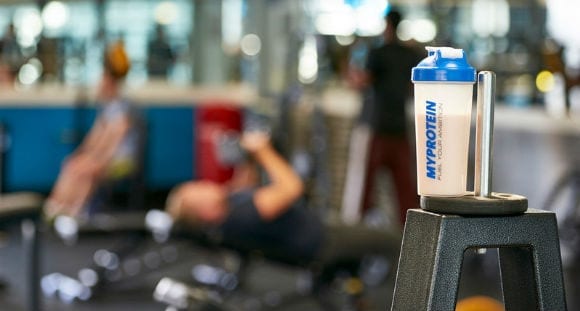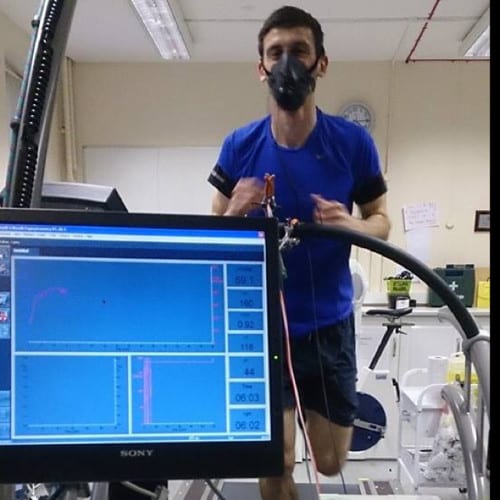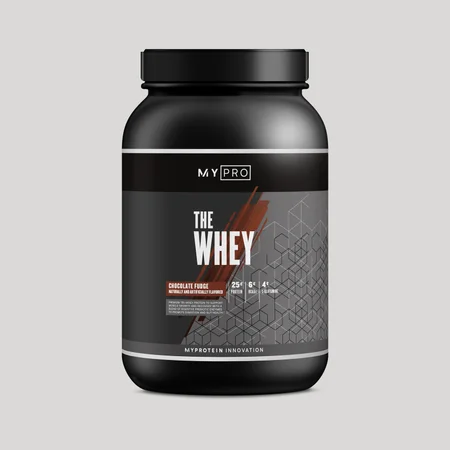
You’ve probably heard the debate over which protein supplement is superior for muscle growth. Some of you might be reading this because you do not know which type of protein supplement to take. Some of you might be reading this because you are wondering if protein supplements work, or if they’re worth paying for. I’m going to compare the top protein supplements, and let you decide for yourself if you believe any are worth taking.
There are people that will say buying protein supplements is a waste of money because you can get the protein you need in your diet. There are many different protein supplements out there, but what’s the difference between them? People will argue that Casein protein is the best to take because of its slow digestion process. Other people argue that Whey protein is the best to take because of its fast digestion process after a workout.
Then there is the argument that Soy protein is the best to take because it is a complete amino acid, and is another source besides animal protein. Furthermore, some say that plant based proteins don’t supply the body with all the essential amino acids (except soy beans) needed for muscle recovery, but some research articles support the use of plant based proteins. In this article, I am only comparing Whey protein to Casein protein. You can use protein supplementation through a pill or powder form. The two most common protein sources are Whey and Casein.

Whey & Casein
The most widely used protein supplement is Whey protein. Whey protein is a complete protein that contains all 9 essential amino acids. The different types of Whey protein are:
? Isolate
The difference between the types of Whey protein are the way they are processed. Another widely used source of protein is Casein.
Casein protein is commonly found in the milk of most mammals. Whey and Casein protein are both major proteins found in milk that contain all the essential amino acids. Whey protein increases protein synthesis, while Casein delays protein breakdown. The major difference between Whey and Casein protein is the rate of digestion.
Whey protein is digested quickly, while Casein protein is digested slowly. Your decision of which protein to take can depend on your goals. People in favor of Casein supplementation argue that it is more beneficial to take at night time. normally before you go to bed, because its slow digestion process provides essential amino acids for hours as you sleep. People in favor of Whey protein supplementation argue that its fast digestion is more beneficial right after a workout because it can increase protein synthesis, resulting in less protein breakdown. Therefore, a big factor in the decision between Whey and Casein protein supplementation is timing.

Whey vs. Casein
Research has shown that Whey protein is superior to Casein protein for maximal muscle growth. Consumption of Whey protein after a workout can increase protein synthesis. When protein synthesis is greater than protein breakdown it results in muscle growth. In a study done by Phillips (2014), “Whey was found to be superior to Casein in stimulating muscle protein synthesis in both rested and contracted muscle synthesis”.
Whey protein also has 20% more Leucine content than Casein protein. “To achieve peak rates of muscle protein synthesis, a high Leucine-containing protein that is rapidly digested, should be consumed post-exercise” (Phillips, 2014). Leucine is one of the essential branch-chain amino acids that supports muscle growth and recovery. Post-workout it is important to fuel your body with protein to prevent excessive muscle breakdown, and promote muscle synthesis. A benefit of Whey protein is its fast absorption to increase muscle synthesis. “The best protein source is high in Leucine and rapidly digested to take advantage of exercise effect on increasing Leucine sensitivity and lowering the Leucine threshold” (Phillips, 2014).
One advantage Casein has on Whey protein is the impact it has when taken before sleep. Phillips states, “Pre-sleep protein studies show that Casein may be more effective at sustaining muscle protein synthesis and delaying negative net protein balance over a long period of time” (2014). Immediately after your workout Whey protein is more beneficial to take to sustain muscle protein synthesis, and delay protein breakdown.
Why not try Micellar Casein or Milk Protein Smooth before bed to increase recovery as you sleep.

Take Home Message
Whey protein and Casein are both beneficial for muscle growth. The biggest difference between them is the time which is best to take them, and the rate at which they are absorbed. If your goal is to maximize muscle growth after a workout, I recommend taking Whey protein because of its increase in protein synthesis and rapid digestion. If your goal is to slowly maximize muscle growth and prevent protein breakdown over-night, I would recommend taking Casein protein because of its slow digestion process.
A combination of both Whey and Casein protein can be beneficial if done correctly. Although, both Whey and Casein protein result in muscle growth, Whey protein has been shown to be more beneficial in maximizing protein synthesis. I would say protein supplementation is worth the money if you are willing to put effort into your workouts, and looking to maximize muscle growth. With the right exercise program, and protein supplementation you will start to see results.

References:
Phillips, M. (2014). A brief review of critical processes in exercise-induced muscular hypertrophy. Sports Medicine. 44(1). 71-77.









